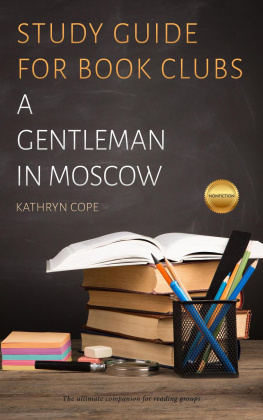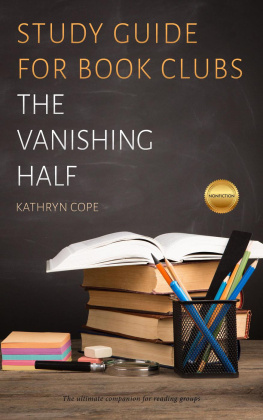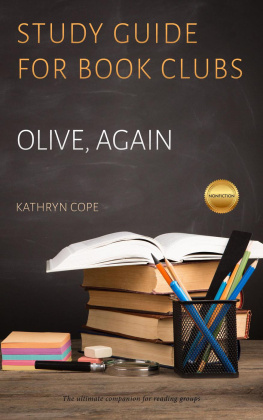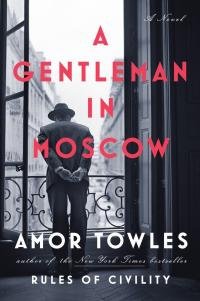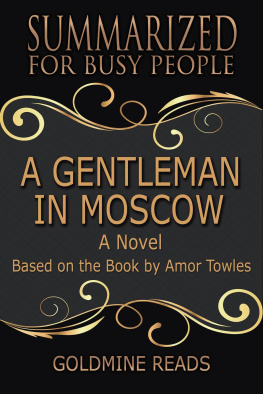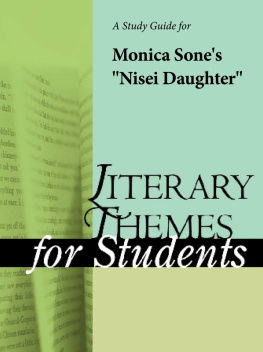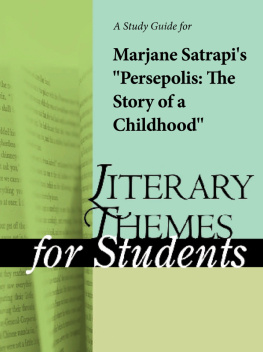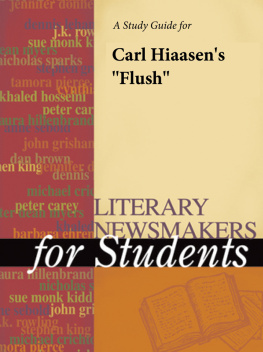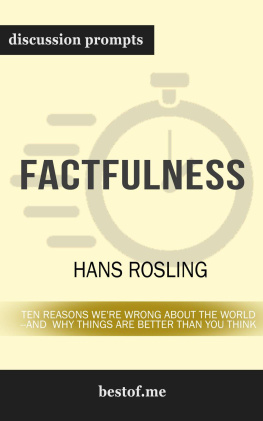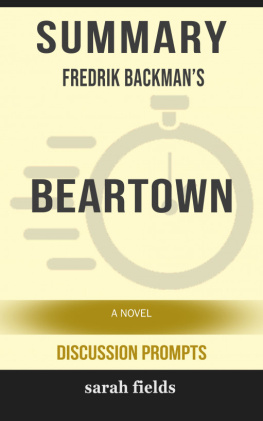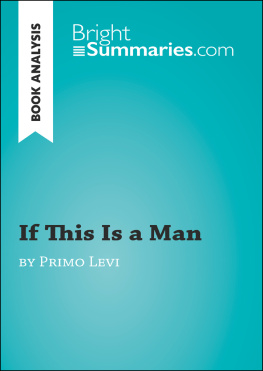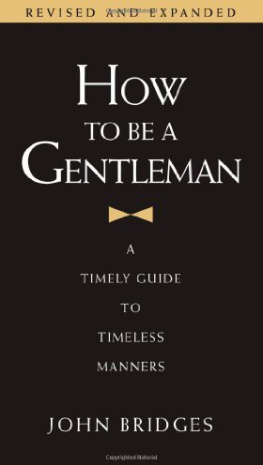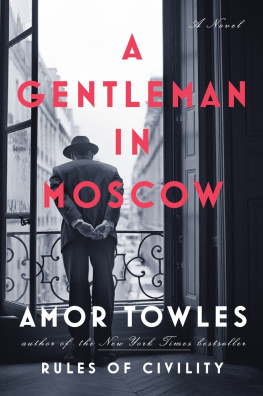Study Guide for Book Clubs: A Gentleman in Moscow
Study Guides for Book Clubs, Volume 30
Kathryn Cope
Published by Kathryn Cope, 2018.
While every precaution has been taken in the preparation of this book, the publisher assumes no responsibility for errors or omissions, or for damages resulting from the use of the information contained herein.
STUDY GUIDE FOR BOOK CLUBS: A GENTLEMAN IN MOSCOW
First edition. February 10, 2018.
Copyright 2018 Kathryn Cope.
ISBN: 978-1386536901
Written by Kathryn Cope.
10 9 8 7 6 5 4 3 2 1
Contents
T here are few things more rewarding than getting together with a group of like-minded people and discussing a good book. Book club meetings, at their best, are vibrant, passionate affairs. Each member will bring along a different perspective and ideally there will be heated debate.
A surprising number of book club members, however, report that their meetings have been a disappointment. Even though their group loved the particular book they were discussing, they could think of astonishingly little to say about it. Failing to find interesting discussion angles for a book is the single most common reason for book group discussions to fall flat. Most book groups only meet once a month and a lacklustre meeting is frustrating for everyone.
Study Guides for Book Clubs were born out of a passion for reading groups. Packed with information, they take the hard work out of preparing for a meeting and ensure that your book group discussions never run dry. How you choose to use the guides is entirely up to you. The author biography, historical, and style sections provide useful background information which may be interesting to share with your group at the beginning of your meeting. The all-important list of discussion questions, which will probably form the core of your meeting, can be found towards the end of this guide. To support your responses to the discussion questions, you may find it helpful to refer to the Themes and Character sections.
A detailed plot synopsis is provided as an aide-memoire if you need to recap on the finer points of the plot. There is also a quick quiz - a fun way to test your knowledge and bring your discussion to a close. Finally, if this was a book that you particularly enjoyed, the guide concludes with a list of books similar in style or subject matter.
Be warned, this guide contains spoilers. Please do not be tempted to read it before you have read the original novel as plot surprises will be well and truly ruined.
Kathryn Cope, 2017
A mor Towles was born in 1964 and raised in Boston, USA. After graduating from Yale University, he received an MA in English from Stanford University. His debut novel, The Rules of Civility , was published in 2011. Set in the 1930s, it tells the rags-to-riches story of Katey Kontent, a girl from the Bronx who, thanks to a chance encounter, reinvents herself as a lady of Manhattan high society. Praised for its stylish tone, witty dialogue and vivid evocation of historical period, The Rules of Civility marked Towles out as an exciting literary talent, giving him the courage to give up a career in finance in order to write full-time.
Towles second novel, A Gentleman in Moscow , combined the authors attraction to the historical period of the 1920s and 1930s with his interest in Russian literature and culture. It was also inspired by the many hotels he visited across the world when working in the investment business. After staying in the same hotel in Geneva for eight years in a row and recognising some of the guests from previous stays, the author began to imagine a character forced to live in a hotel for the rest of his life.
Towles lives in Manhattan with his wife and two children.
www.amortowles.com/
T he book begins with a poem: Where Is It Now ? by Count Rostov. This is followed by a court transcript recounting the proceedings of a meeting of the Emergency Committee of the Peoples Commissariat for Internal Affairs in the Kremlin. The document details the questioning of Count Alexander Rostov. The Count denies that he returned to Russia from Paris to fight either for or against the Revolution. Nevertheless, his unapologetic manner antagonises his questioners. The Committee conclude that, although the Counts famous poem Where Is It Now ? seemed to show sympathy with the revolutionary cause he has now become a typically corrupt aristocrat. They conclude that he will be placed under house arrest at the Hotel Metropol where he currently resides. If he ever steps outside its doors he will be shot.
BOOK ONE
1922: An Ambassador
Rostov is escorted back to the hotel. The officers tell him that he will no longer be staying in Suite 317: a grand room with views of Theatre Square. Instead he is shown to a tiny attic room and told that he can transfer whatever belongings he can fit in the small space. The Count chooses items largely based on their sentimental value. These include a painting of his sister, Helena, his fathers twice-tolling clock, his grandmothers opera glasses and a desk inherited from his godfather, the Grand Duke Demidov. The desk has the added advantage of gold coins concealed inside its legs. Andrey, the matre d' of the hotel restaurant; Vasily, the concierge, and Marina, the hotel seamstress, visit the Count to express their relief that he has returned from the Kremlin alive. Rostov invites them in to his cramped new quarters to celebrate.
From the narrator we learn what the Count failed to tell the Committee that he returned to Russia from Paris to ensure his grandmothers safe exile after the execution of Tsar Nicholas II. Convincing the Countess to leave Idlehour (their family estate) and escape abroad, the Count closed up the great house and set off for Moscow with the finest of the Rostovs furniture in a single wagon.
An Anglican Ashore
The Count realises that his usual routines (visits to the Conservatory or Alexander Gardens, lunch at the Jockey Club, and mornings spent in his favourite bakery) will no longer be possible under the terms of his house arrest. In return for a gold coin, he asks a Greek moneylender to deliver three notes for him in Moscow. He fills the time until dinner by conversing with the hotels one-eyed cat and starting to read his fathers copy of The Essays of Montaigne .

